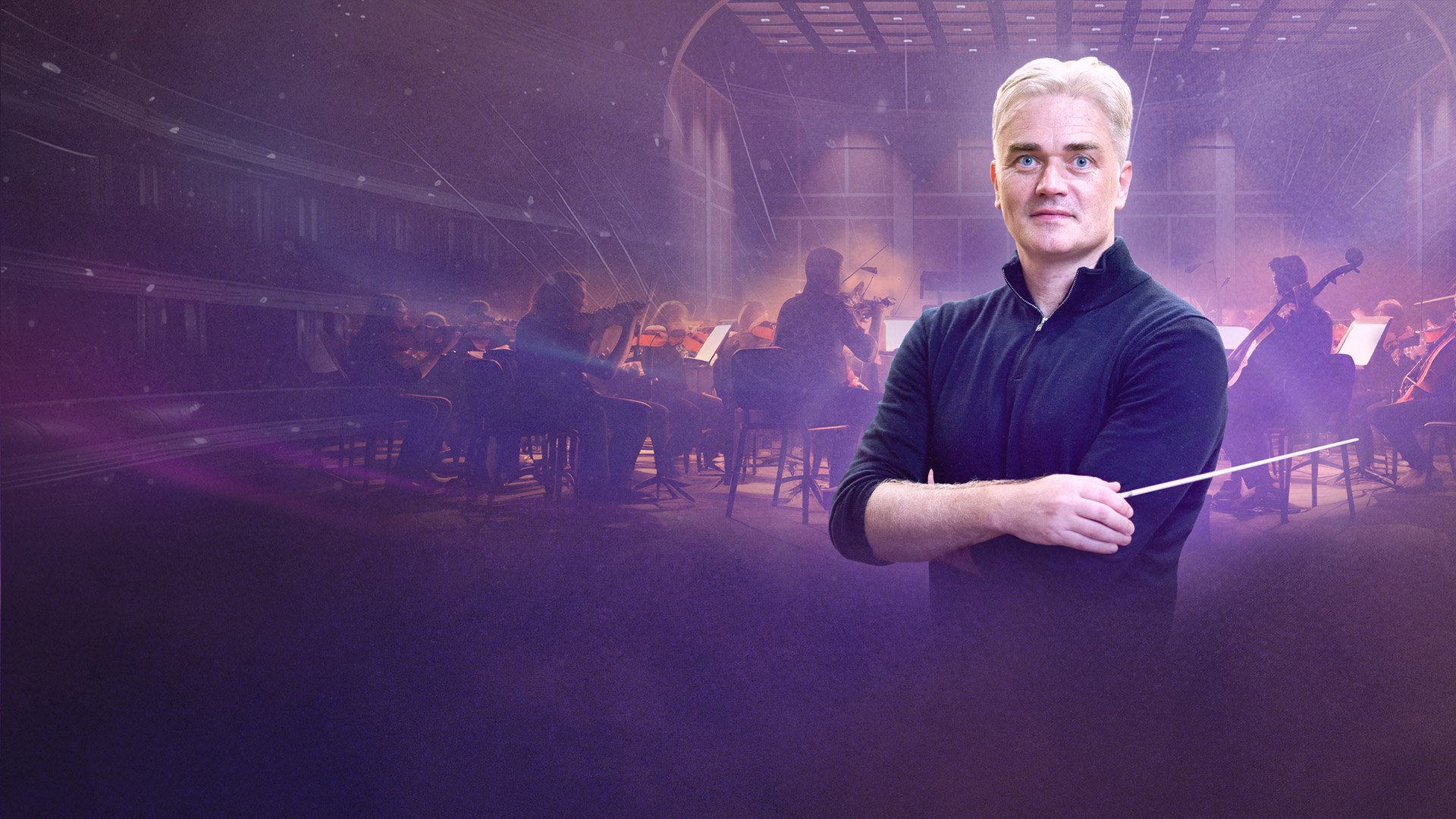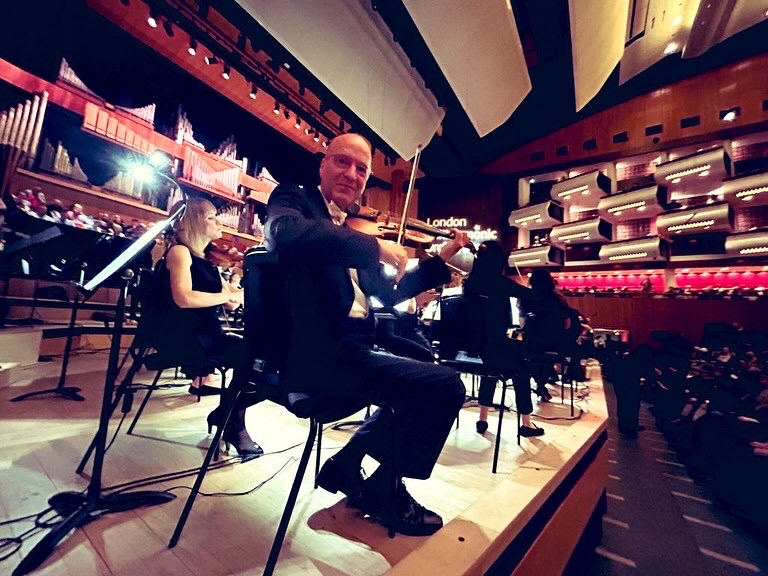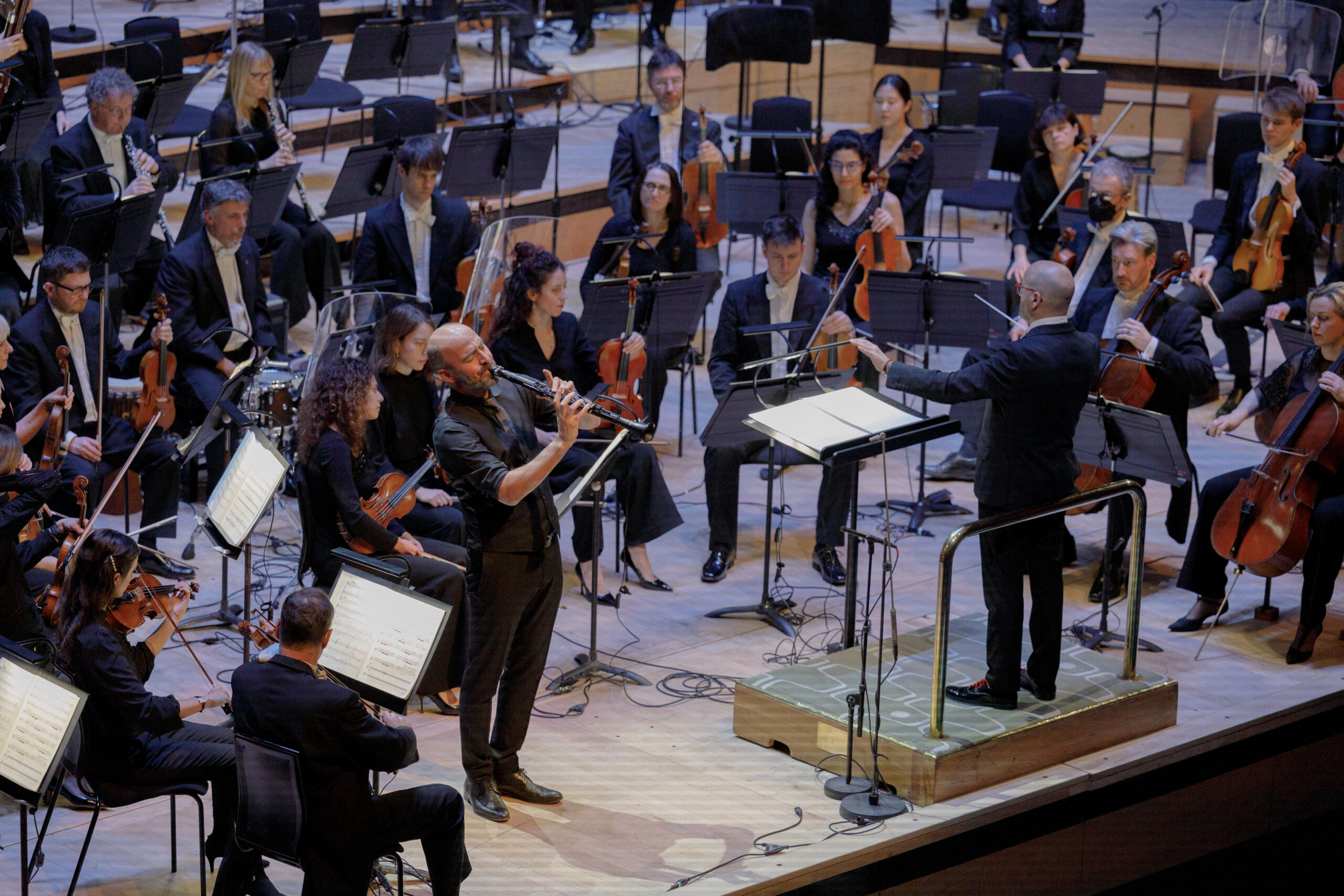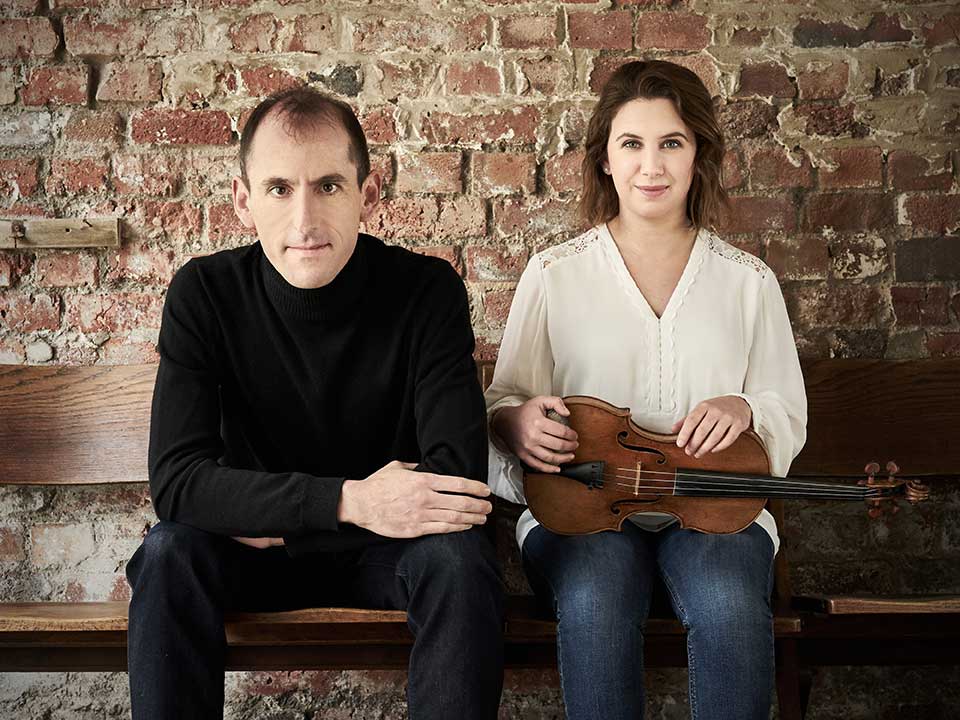Tag: London Philharmonic Orchestra
-

TV – ‘Backstage with the LPO’ does what it says on the tin
Backstage with the London Philharmonic Orchestra on Sky Arts achieves a rare feat: it captivates both seasoned fans and newcomers alike.
-

Review – London Philharmonic Orchestra, Karina Canellakis and Pablo Ferrández play Shostakovich and Brahms
Cellist Pablo Ferrández’s epic rendition of Shostakovich’s Cello Concerto combined with Brahms’ joyous Symphony No. 4 made this the best LPO concert I’ve heard in a long time.
-

Kinan Azmeh’s Clarinet Concerto at Royal Festival Hall
Riveting music-making from Syrian clarinettist Kinan Azmeh.
-

First selection of live events announced for 2021
A selection of (actual) live event announcements scheduled for the next few months.
-

London Philharmonic Orchestra to play concerts in Royal Festival Hall 30 September – 30 December
Always nice to start the day with an invigorating press release. This from the London Philharmonic Orchestra announcing their concert schedule for the rest of the year offers a little bit of hope and possibly even excitement. All thirteen concerts will be streamed via Marquee.TV which if you’ve got one of a range of Connected…
-

LPO Brass at Henry Wood Hall
I was at Henry Wood Hall this afternoon to interview brass players and percussionists at the LPO rehearsing and recording for the band’s Summer Sessions available on YouTube next week, many of whom hadn’t seen each other in real life for four months. Also weird to see actual people in real life doing ‘work things’.…
-

London Philharmonic Orchestra announce their digital content in response to COVID-19
The London Philharmonic Orchestra is responding to the COVID-19 crisis with a wide variety of free interactive digital initiatives via a new website LPOnline – Connecting through music.
